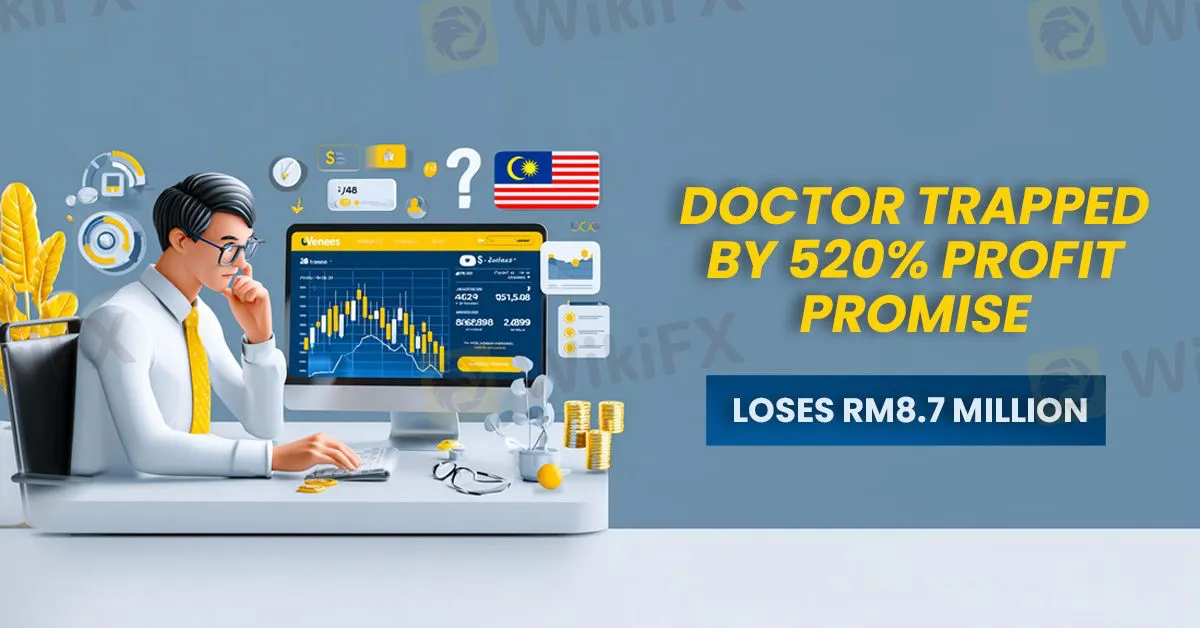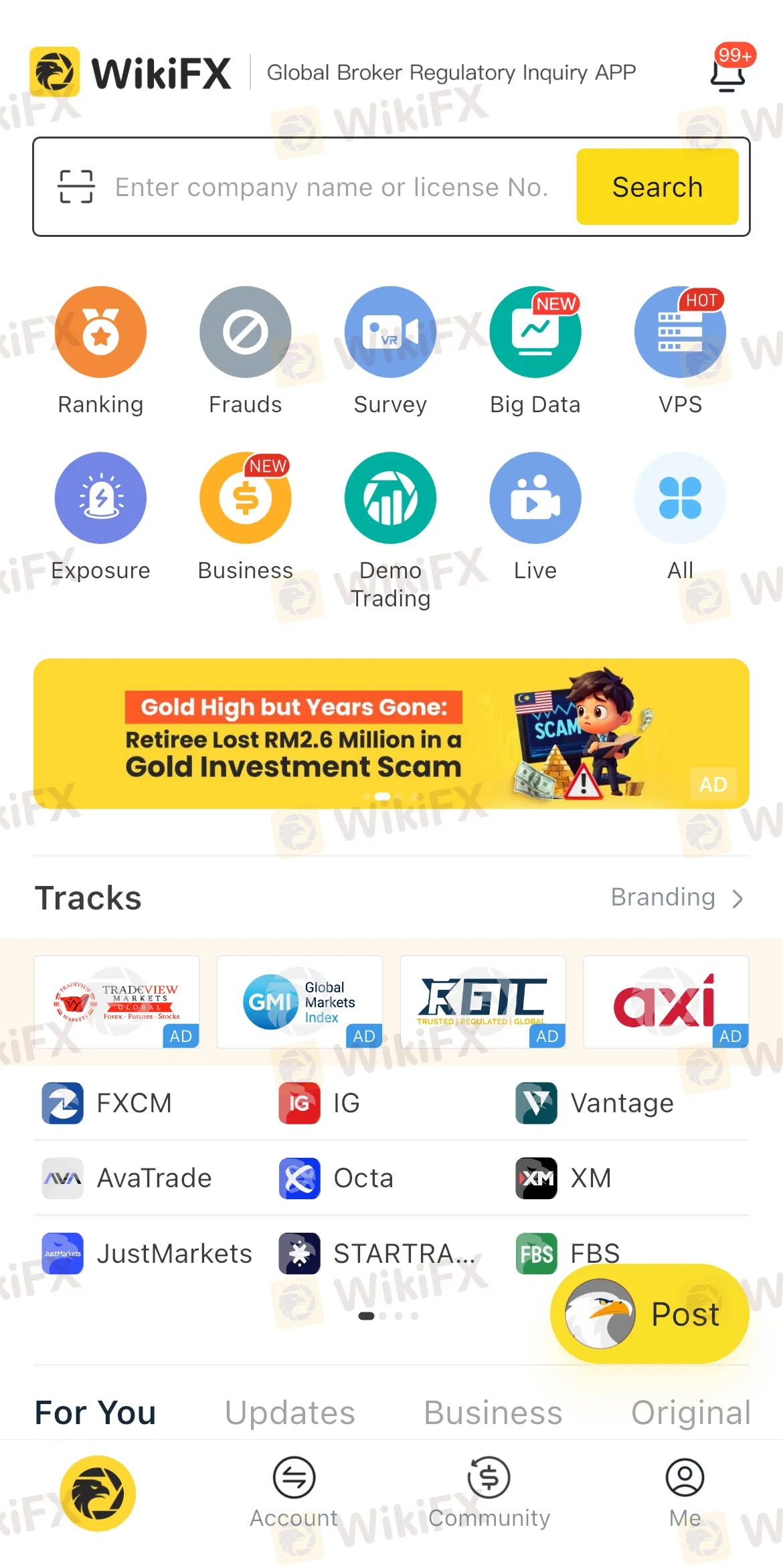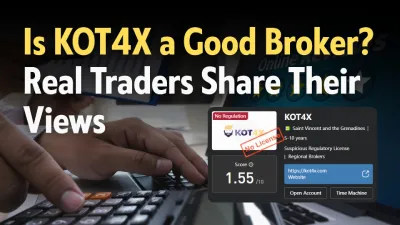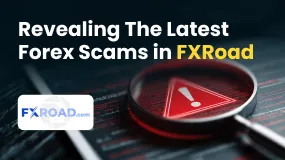Doctor Trapped by 520% Profit Promise, Loses RM8.7 Million
Abstract:A 53-year-old doctor in Malaysia has lost her entire life savings of RM8.7 million after falling prey to a sophisticated online investment scam that promised massive returns from stock trading.

A 53-year-old doctor in Malaysia has lost her entire life savings of RM8.7 million after falling prey to a sophisticated online investment scam that promised massive returns from stock trading.
According to Johor Bahru Selatan deputy police chief Azrul Hisham Shaffei, the woman came across a trading advertisement on social media in April. Intrigued by claims of high profits, she began communicating with an individual featured in the ad to learn more about the investment opportunity.
The scammers presented her with a tempting offer of up to 520% on her capital. Enticed by the promise of fast and substantial profits, she proceeded to transfer large sums of money to multiple bank accounts over three months, from May to July. In total, she deposited RM8.7 million, trusting that her investment would yield high returns.
However, the promised profits never materialised. Instead, the victim was told that her investment had only generated RM6,033. To access her funds, she was instructed to pay an additional RM500,000 as a “deposit”. The scammers threatened to freeze her account if she refused to comply, which ultimately led her to suspect she had been defrauded.
She reported the case to local authorities on Tuesday. The investigation is now underway under Section 420 of the Malaysian Penal Code, which covers offences related to cheating.
This case underscores the tactics commonly used by cybercriminals: exploiting victims trust with offers that appear both legitimate and lucrative. Social media has become a key platform for scammers to reach potential targets, often with well-crafted advertisements and convincing profiles.

In the wake of such incidents, experts stress the importance of verifying the legitimacy of any investment platform before transferring funds. Tools like WikiFX are proving valuable in this regard. WikiFX offers detailed background checks on brokers, including their regulatory status, customer feedback, and overall safety scores. By providing insights and risk alerts, WikiFX enables users to make informed choices and avoid engaging with unlicensed or fraudulent platforms. With scams growing increasingly sophisticated, conducting proper due diligence can mean the difference between financial security and devastating loss.

Read more

Is KOT4X a Good Broker? Real Traders Share Their Views
Is KOT4X a reliable broker? Read our review to explore trader experiences, key features, spreads, and leverage to help you make an informed decision.

Revealing The Latest Forex Scams in FXRoad
Have you been lured into forex investment through FXRoad under the fake impression of professionally managed services? However, in real time, this broker denied withdrawals? You have unfortunately trusted a scam broker. Read some hard reviews of the broker.

WeTrade Review: Why Traders Are Choosing WeTrade in 2025?
With so many trading platforms available today, traders have every reason to be careful—and staying scam alert is more important than ever. However, WeTrade has managed to earn a positive reputation for the right reasons. Know the Reasons right away

Is Forex Trading Halal or Haram? What Do Scholars Say?
For Islamic traders and investors, one of the most relevant and frequently asked questions is whether forex trading is halal (permissible) or haram (forbidden) in Islam? In this article, we will explore both sides of the debate. Keep reading to uncover the truth and make Informed & Faith-conscious decisions about your investments.
WikiFX Broker
Latest News
Top Forex Chart Patterns Every Trader Must Know
Adidas to raise prices as US tariffs cost €200m
Top 4 Forex Scam Tactics Fake Brokers Use to Trap Investors
FRAUD ALERT! Spanish Regulator, CNMV Exposed Scam Brokers
How to use mt4?
Fortrade: A Closer Look at Its Licenses
Euro zone economy ekes out better-than-expected 0.1% growth in second quarter
Inefex: Mastering the Art of Duping Forex Investors
10 Best MUST- READ Books on Forex Trading
Companies from Stanley Black & Decker to Conagra are saying tariffs will cost them hundreds of millions
Rate Calc
